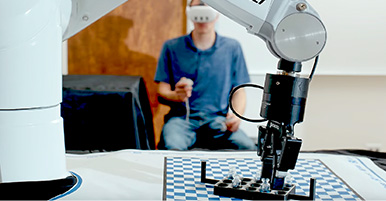Citation
Loet Leydesdorff, Caroline Wagner, Macro-level indicators of the relations between research funding and research output, Journal of Informetrics, Volume 3, Issue 4, 2009, Pages 353-362, ISSN 1751-1577, https://doi.org/10.1016/j.joi.2009.05.005.
Abstract
In response to the call for a science of science policy, we discuss the contribution of indicators at the macro-level of nations from a scientometric perspective. In addition to global trends such as the rise of China, one can relate percentages of world share of publications to government expenditure in academic research. The marginal costs of improving one’s share are increasing over time. Countries differ considerably in terms of the efficiency of turning (financial) input into bibliometrically measurable output. Both funding schemes and disciplinary portfolios differ among countries. A price per paper can nevertheless be estimated. The percentages of GDP spent on academic research in different nations are significantly correlated to historical contingencies such as the percentage of researchers in the population. The institutional dynamics make strategic objectives such as the Lisbon objective of the EU – that is, spending 3% of GDP for R&D in 2010 – unrealistic. […]


